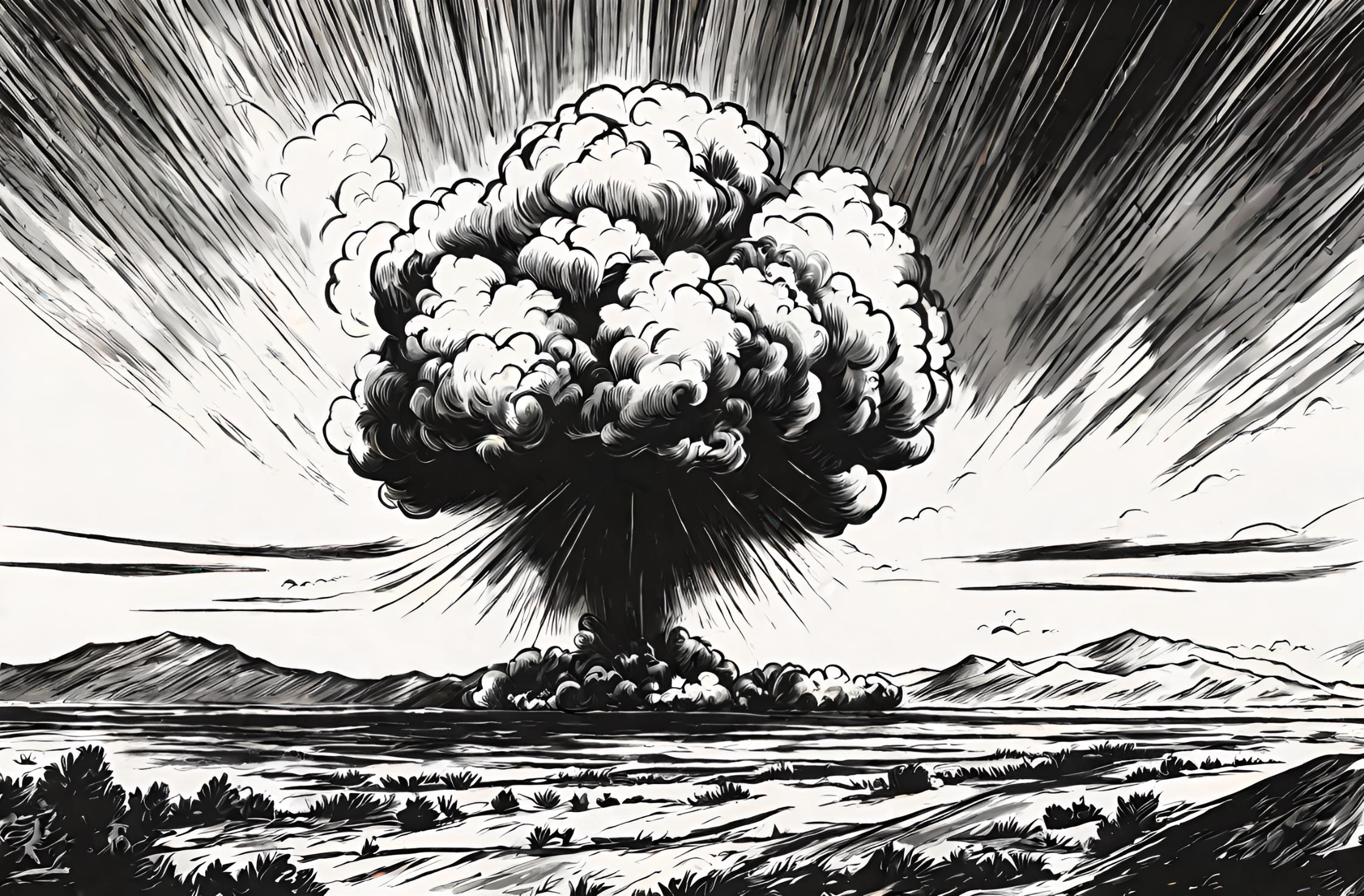Flashback to August 29
World History

In the annals of history, few events have created as resounding an impact as the United States bombing of Cambodia which took place on 14th August 1973. As part of a larger military operation during the Vietnam War, these aerial strikes solidified their place in the world’s historical and political narrative.
The United States and Cambodia were already tied in the intricate knots of the Cold War, and this event heightened their connections. The primary purpose behind the bombing was to root out the Viet Cong and North Vietnamese forces using Cambodia as a sanctuary and to dismantle the Ho Chi Minh trail, a significant supply route for these forces.
However, the bombings were met with widespread international condemnation. Many saw it as a blatant disregard for international sovereignty, raising crucial questions about the limits of unilateral military intervention. Over four years, between 1969 and 1973, the US dropped nearly 2.7 million tons of bombs on Cambodia, more than the total bombs dropped by the Allies in World War II.
Before delving further into the intricacies of this significant historical event, it’s key to understand the larger context. During the Vietnam War, the US’s main strategy was to curtail the spread of communism. They feared a domino effect in Southeast Asia, which would further tamper with the balance of power during the Cold War.
Contrary to the expectation of the U.S. military, the bombings appeared to play into the hands of the Khmer Rouge, a communist guerilla group which would later take control of the Cambodian government and initiate the infamous Cambodian genocide. The country was plunged into chaos and destruction, with estimated casualties ranging from hundreds of thousands to potentially more than a million. The bombings undoubtedly played a role in creating a fertile breeding ground for resentment and radical ideologies—another layer of the Domino Theory’s unexpected repercussions.
The event took a more dramatic turn when it was later revealed that the U.S. bombings were conducted covertly, without the explicit knowledge or discussion of the U.S. Congress. The weight of this revelation deepened as the bombing campaign caused an estimated 150,000 civilian deaths. The disclosure led to further criticism and an increasing mistrust of the U.S. government, identified as one of the many stress points leading to the eventual end of the Nixon administration.
The Cambodia bombings were no isolated event; rather, they were deeply connected with the region’s historical, political, and socio-economic context. The bombings became a potent symbol of Cold War tensions, the underlying fears of Western democracies, and the willingness to cross international boundaries in the pursuit of ideological battles. It also shone a spotlight on the impact of such interventions on local populations, particularly civilians.
Even decades later, the U.S. bombing of Cambodia remains a matter of wide discussion, contested narratives, and differing perspectives. For some, it was a necessary, although regrettable, action taken in the urgency of war. For others, it was a horrific example of war crimes, a harrowing manifestation of state terrorism. In the fluctuating dynamics of international diplomacy, it served as a catalyst for changes in policy and continues to influence military strategies.
The crucial lessons learnt from the bombing of Cambodia on the 14th August 1973 underline the complexities of war, the potential for catastrophic civilian damage, and the significance of maintaining respect for international boundaries and sovereign rights. Furthermore, it emphasizes the imperative need for greater transparency with activities conducted during times of war.
In understanding the U.S. bombing of Cambodia, we not only revisit a pivotal event in human history but also illuminate paths for a more peaceful and respectful coexistence in an increasingly interconnected world.
We strive for accuracy. If you see something that doesn't look right, click here to contact us!
Sponsored Content

USSR explodes its first…
Experience the historic moment…

Supreme Soviet suspends all…
On August 29, 1991,…

The United Kingdom legislates…
Experience the historical shift…

Michael Faraday discovers electromagnetic…
Renowned scientist, Michael Faraday,…

Eamon de Valera, Irish…
"Eamon de Valera, a…

Ayatollah Sayed Mohammed Baqir…
On August 29, 2003,…

